The Echo Maker: A NovelRichard Powers On a winter night on a remote Nebraska road, 27-year-old Mark Schluter flips his truck in a near-fatal accident. His older sister Karin, his only near kin, returns reluctantly to their hometown to nurse Mark back from a traumatic head injury. But when he emerges from a protracted coma, Mark believes that this woman–who looks, acts, and sounds just like his sister–is really an identical impostor. Shattered by her brother's refusal to recognize her, Karin contacts the cognitive neurologist Gerald Weber, famous for his case histories describing the infinitely bizarre worlds of brain disorder. Weber recognizes Mark as a rare case of Capgras Syndrome, a doubling delusion, and eagerly investigates. What he discovers in Mark slowly undermines even his own sense of being. Meanwhile, Mark, armed only with a note left by an anonymous witness, attempts to learn what happened the night of his inexplicable accident. The truth of that evening will change the lives of all three beyond recognition.
Set against the Platte River's massive spring migrations–one of the greatest spectacles in nature–The Echo Maker is a gripping mystery that explores the improvised human self and the even more precarious brain that splits us from and joins us to the rest of creation.
The Echo Maker is the winner of the 2006 National Book Award for Fiction. Generosity: An EnhancementRichard Powers FROM THE NATIONAL BOOK AWARD–WINNING AUTHOR OF THE ECHO MAKER, A PLAYFUL AND PROVOCATIVE NOVEL ABOUT THE DISCOVERY OF THE HAPPINESS GENE
When Chicagoan Russell Stone finds himself teaching a Creative Nonfiction class, he encounters a young Algerian woman with a disturbingly luminous presence. Thassadit Amzwar's blissful exuberance both entrances and puzzles the melancholic Russell. How can this refugee from perpetual terror be so happy? Won't someone so open and alive come to serious harm? Wondering how to protect her, Russell researches her war-torn country and skims through popular happiness manuals. Might her condition be hyperthymia? Hypomania? Russell's amateur inquiries lead him to college counselor Candace Weld, who also falls under Thassa's spell. Dubbed Miss Generosity by her classmates, Thassa's joyful personality comes to the attention of the notorious geneticist and advocate for genomic enhancement, Thomas Kurton, whose research leads him to announce the genotype for happiness.
Russell and Candace, now lovers, fail to protect Thassa from the growing media circus. Thassa's congenital optimism is soon severely tested. Devoured by the public as a living prophecy, her genetic secret will transform both Russell and Kurton, as well as the country at large.
What will happen to life when science identifies the genetic basis of happiness? Who will own the patent? Do we dare revise our own temperaments? Funny, fast, and finally magical, Generosity celebrates both science and the freed imagination. In his most exuberant book yet, Richard Powers asks us to consider the big questions facing humankind as we begin to rewrite our own existence. Orfeo: A NovelRichard Powers A Chicago Tribune 'Best Books of 2014'
New York Times Bestseller
Longlisted for The Man Booker Prize
Longlisted for the National Book Award
The National Book Award–winning author of The Echo Maker delivers his most emotionally charged novel to date, inspired by the myth of Orpheus."If Powers were an American writer of the nineteenth century…he'd probably be the Herman Melville of Moby-Dick. His picture is that big," wrote Margaret Atwood (New York Review of Books). Indeed, since his debut in 1985 with Three Farmers on Their Way to a Dance, Richard Powers has been astonishing readers with novels that are sweeping in range, dazzling in technique, and rich in their explorations of music, art, literature, and technology.
In Orfeo, Powers tells the story of a man journeying into his past as he desperately flees the present. Composer Peter Els opens the door one evening to find the police on his doorstep. His home microbiology lab―the latest experiment in his lifelong attempt to find music in surprising patterns―has aroused the suspicions of Homeland Security. Panicked by the raid, Els turns fugitive. As an Internet-fueled hysteria erupts, Els―the "Bioterrorist Bach"―pays a final visit to the people he loves, those who shaped his musical journey. Through the help of his ex-wife, his daughter, and his longtime collaborator, Els hatches a plan to turn this disastrous collision with the security state into a work of art that will reawaken its audience to the sounds all around them. The result is a novel that soars in spirit and language by a writer who “may be America’s most ambitious novelist” (Kevin Berger, San Francisco Chronicle). Gold Bug VariationsRichard Powers A national bestseller, voted by Time as the #1 novel of 1991, selected as one of the "Best Books of 1991" by Publishers Weekly, and nominated for a National Book Critics Circle Award—a magnificent story that probes the meaning of love, science, music, and art, by the brilliant author of Three Farmers on Their Way to a Dance. Galatea 2.2/a NovelRichard Powers Richard Powers, a Humanist-in-Residence at the Center for Advanced Scientific Research, gets involved with a project to train a machine to pass a comprehensive exam in English literature—and with the degree candidate against whom the machine is competing. 25,000 first printing. Plowing the Dark: A NovelRichard Powers A dazzling new novel by the author of Galatea 2.2 and Gain
In a digital laboratory on the shores of Puget Sound, a band of virtual-reality researchers races to complete the Cavern, an empty white room that can become a jungle, a painting, or a vast Byzantine cathedral. In a war-torn Mediterranean city, an American is held hostage, chained to a radiator in another empty white room. What can possibly join these two remote places? Only the shared imagination, a room that these people unwittingly build in common, where they are all about to meet.
Adie Klarpol, a skilled but disillusioned artist, comes back to life, revived by the thrill of working with cutting-edge technology. Against the collapse of Cold War empires and the fall of the Berlin Wall, she retreats dangerously into the cyber-realities she has been hired to create. On the other side of the globe, Taimur Martin, an English teacher recovering from a failed love affair, is picked up off the streets in Beirut by Islamic fundamentalists and held in solitary captivity.
A mesmerizing fiction that explores the imagination's power to both destroy and save, Plowing the Dark recasts the rules of the novel and stands as Richard Powers's most daring work to date. The Time of Our SingingRichard Powers A magnificent, multifaceted novel about a supremely gifted — and divided — family, set against the backdrop of postwar America
On Easter day, 1939, at Marian Anderson's epochal concert on the Washington Mall, David Strom, a German Jewish émigré scientist, meets Delia Daley, a young Philadelphia Negro studying to be a singer. Their mutual love of music draws them together, and—against all odds and better judgment—they marry. They vow to raise their children beyond time, beyond identity, steeped in song. But their three children must survive America's brutal here and now. Jonah, Joseph, and Ruth grow up during the Civil Rights era, come of age in the violent 1960s, and live out adulthood in the racially retrenched late century. Jonah, the eldest, "whose voice could make heads of state repent," follows a life in his parents' beloved classical music. Ruth, the youngest, chooses a militant activism and repudiates the white culture her brother represents. Joseph, the middle child and the narrator of this generational tale, struggles to remain connected to them both.
The Time of Our Singing is a story of self-invention, allegiance, race, cultural ownership, the compromised power of music, and the tangled loops of time that rewrite all belonging. | From Text to Hypertext: Decentering the Subject in Fiction, Film, the Visual Arts, and Electronic MediaSilvio Gaggi It is a tenet of postmodern writing that the subject—the self—is unstable, fragmented, and decentered. One useful way to examine this principle is to look at how the subject has been treated in various media in the premodern, modern, and postmodern eras. Silvio Gaggi pursues this strategy in From Text to Hypertext, analyzing the issue of subject construction and deconstruction in selected examples of visual art, literature, film, and electronic media. Gaggi concentrates on a few paradigmatic works in each chapter; he contrasts van Eyck's Wedding of Arnolfini with the photography of Cindy Sherman and Barbara Kruger; examines fiction that centers on an elusive subject in works by Conrad, Faulkner, and Calvino; and explores the ability of such films as Coppola's One from the Heart and Altman's The Player to emancipate the subject through cinematography and editing.
In considering electronic media, Gaggi takes his argument to an entirely new level. He focuses on computer-controlled media, specifically examples of hypertextual fiction by Michael Joyce and Stuart Moulthrop. Besides recognizing how the computer has enabled artists to create works of fiction in which readers themselves become decentered, Gaggi also observes the impact of literature created on computer networks, where even the limitations of CD-ROM are lifted and the notion of individual authorship may for all practical purposes be lost. Ariadne's Thread: Story LinesJ. Hillis Miller "What line should the critic follow in explicating, unfolding, or unknotting . . . passages? How should the critic thread her or his way into the labyrinthine problems of narrative form?—from chapter I In this brilliant and engaging book, one of America's leading literary critics explores the intricacies of narrative theory. Using the image of Ariadne's thread, which was given to Theseus to carry into the labyrinth so that he could find his way out, J. Hillis Miller traces out the "line" so often associated with narrative and writing in general. In the process he illuminates the nature of literature as well as the nature of narrative. Considering a wide range of texts from Western literature over the last two centuries—in particular Meredith's The Egoist, Goethe's Elective Affinities, and Borges's "Death and the Compass"—Miller explores the way rhetorical devices and figurative language interrupt, break into, delay, and expand storytelling. He also illustrates these rhetorical disruptions of narrative logic in his own work. In its four chapters—about the role of line, character, interpersonal relationships, and figurative language in narrative—Miller's study encounters in its own language the problems it discusses, as concepts and words are scrutinized for their diverse meanings and resonances. Demonstrating that every narrative, including this one about the nature of narrative, has divergent lines and multiple motives and uses, Ariadne's Thread tells its story and enacts its subject at the same time. The War of Desire and Technology at the Close of the Mechanical AgeAllucquèreRosanne Stone In this work, Allucquere Rosanne Stone examines the myriad ways modern technology is challenging traditional notions of gender identity. Face-to-face meetings, and even telephone conversations, involuntarily reveal crucial aspects of identity such as gender, age and race. However, these bits of identity are completely masked by computer-mediated communications; all that is revealed is what we "choose" to reveal - and then only if we choose to tell the truth. The rise of computer-mediated communications is giving people the means to try on alternative personae - in a sense, to reinvent themeselves - which, as Stone compellingly argues, has both positive and potentially destructive implications. The book moves between accounts of the modern interface of technology and desire: from busy cyberlabs to the electronic solitude of the Internet, from phone sex to "virtual cross-dressers", from the Vampire Lestat to the trial of a man accused of having raped a woman by seducing one of her multiple personalities. Throughout, Stone wrestles with the question of how best to convey a complex description of a culture whose chief activity is complex description. Writing of creating a "text that breaks rules", serving as a "sampler of possible choices", she employs elements from a wide range of disciplines and genres, including cultural and critical theory, social sciences, pulp journalism, science fiction, and personal memoirs. In the final chapter, Stone threads the various narratives together, a process that best reflects the confused, ambiguous and sometimes contradictory state of gender relations at the close of the mechanical age. Understanding Media: The Extensions of ManMarshall McLuhan, Lewis H. Lapham This reissue of Understanding Media marks the thirtieth anniversary (1964-1994) of Marshall McLuhan's classic expose on the state of the then emerging phenomenon of mass media. Terms and phrases such as "the global village" and "the medium is the message" are now part of the lexicon, and McLuhan's theories continue to challenge our sensibilities and our assumptions about how and what we communicate.
There has been a notable resurgence of interest in McLuhan's work in the last few years, fueled by the recent and continuing conjunctions between the cable companies and the regional phone companies, the appearance of magazines such as WiRed, and the development of new media models and information ecologies, many of which were spawned from MIT's Media Lab. In effect, media now begs to be redefined. In a new introduction to this edition of Understanding Media, Harper's editor Lewis Lapham reevaluates McLuhan's work in the light of the technological as well as the political and social changes that have occurred in the last part of this century. Orality and LiteracyWalter J. Ong 'Professor Ong has managed to synthesize an incredible amount of thought and at the same time has carried some of his earlier ideas still further. Orality and Literacy should become a classic. It is eminently assignable for undergraduate courses' - Professor John Ahern
'No comparable work on this important subject exists. Thanks to the lucidity of its style and presentation of complex thought, this is a work that will be accessible and useful...it will be the standard introduction to this topic for some years to come' - Choice
'Professor Walter Ong's new book explores some of the profound changes in our thought processes, personality and social structures which are the result, at various stages of our history, of the development of speech, writing and print. And he projects his analysis further into the age of mass electronic communications media...the cumulative impact of the book is dazzling. Read this book. Literature will never be the same again. And neither will you' - Robert Giddings, Tribune
'This admirably lucid book...has obvious implications for philosophy, literature, linguistics, sociology, psychology, education, and Biblical studies...I believe this is the best book Ong has published' - Thomas J. Farrell, Cross Currents |


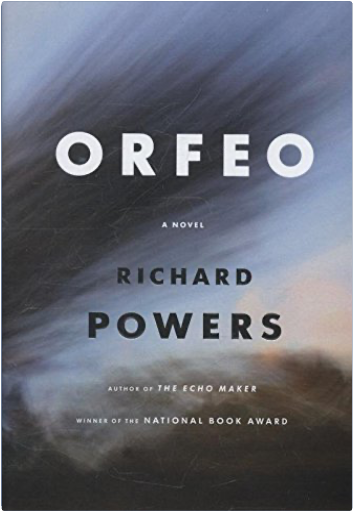
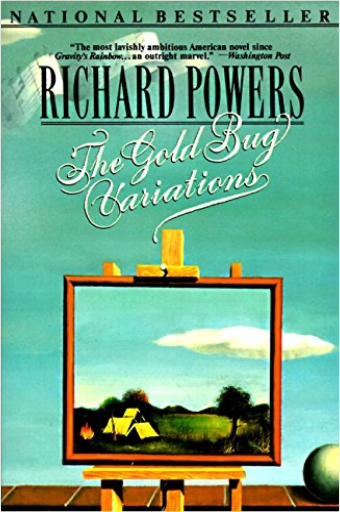
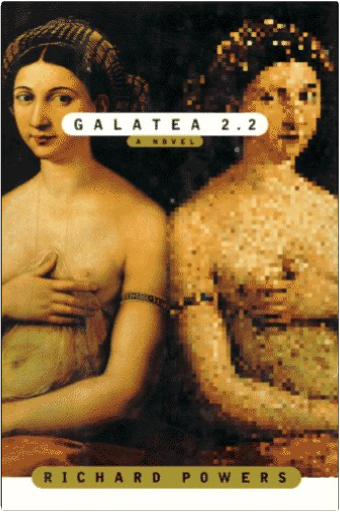
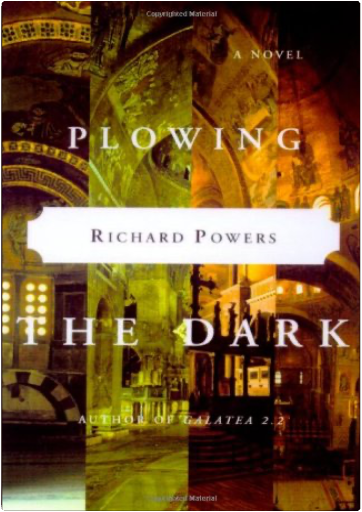
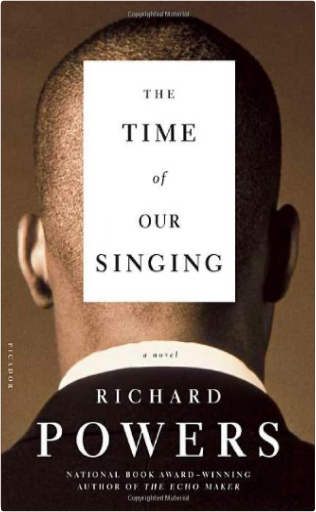
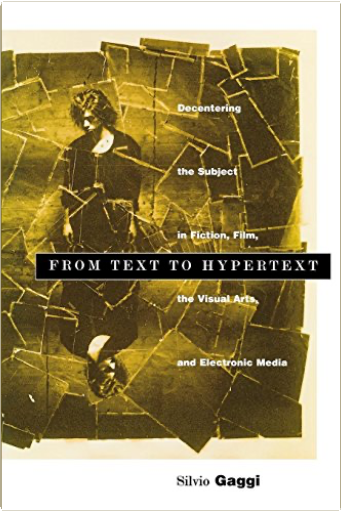
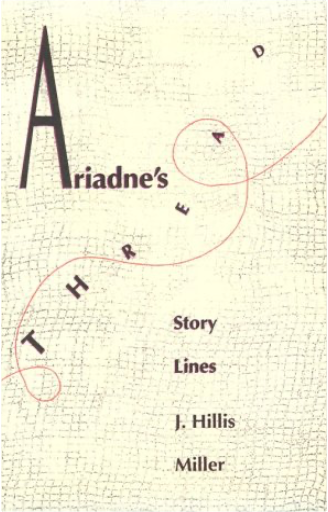
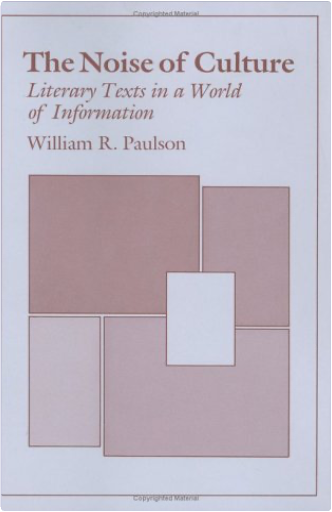
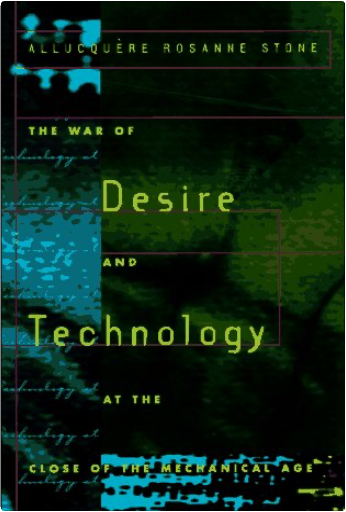
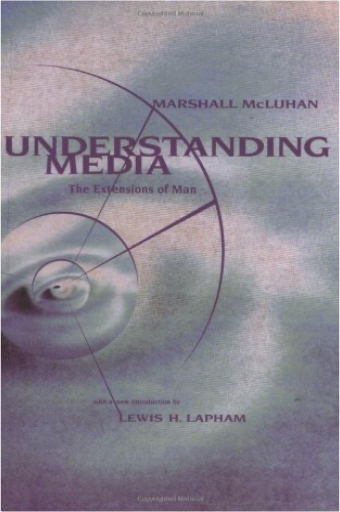
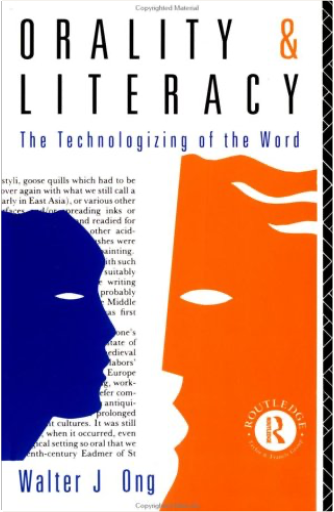


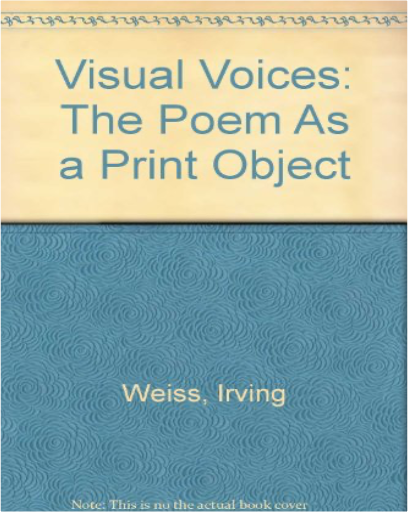
 Made with Delicious Library
Made with Delicious Library